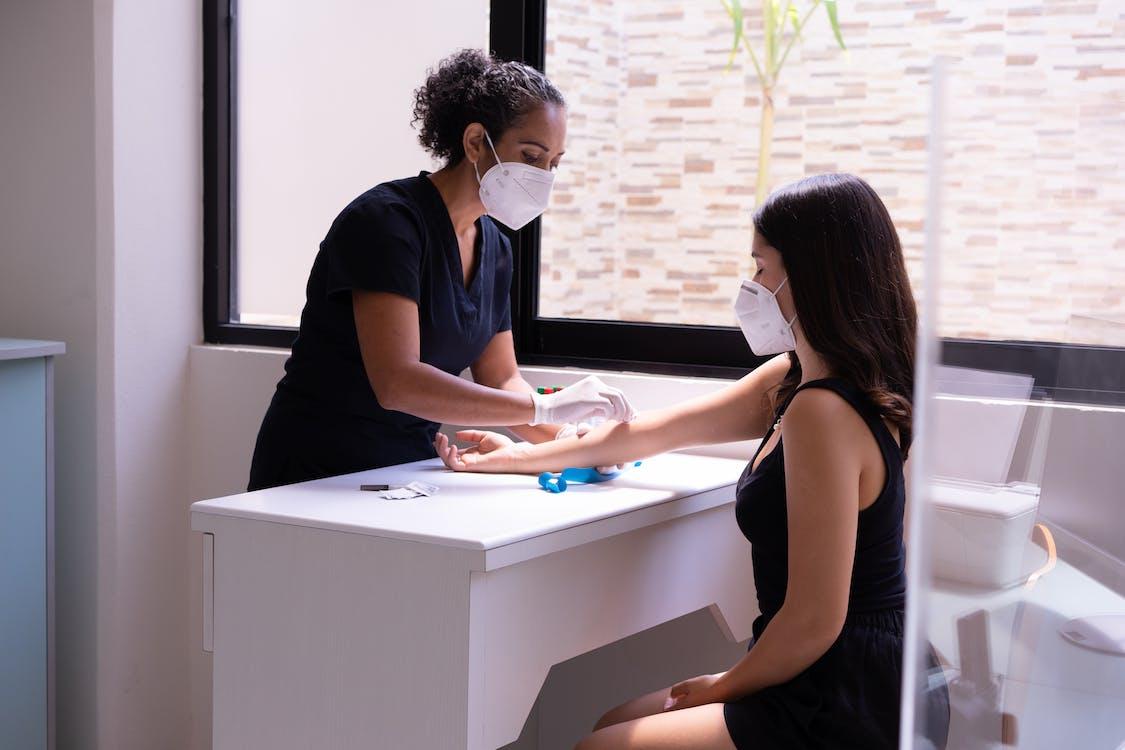
Finger Pricking vs. Phlebotomy Blood Test: What’s the Difference?

Blood is a treasure trove of information that reveals a great deal about the state of your internal organs and health. As part of a routine checkup or helping diagnose a sickness or hereditary issue, blood is drawn. While there are many drawing methods, finger pricking and phlebotomy are standard practices. But what is the difference between the two?. Continue reading for a comparison between finger pricking vs. phlebotomy blood test.
Finger Prick vs. Phlebotomy Blood Test
A blood sample obtained by phlebotomy is sometimes referred to as a venous sample since the blood is drawn from a vein. On the other hand, a finger prick blood test, also known as a capillary blood test, takes blood using a lancet and pricks the finger with a short, sharp needle. When it comes to the reliability of phlebotomy blood tests and finger pricks, both methods are acceptable for determining the primary biomarkers in your body. However, there are some differences between the two methods.
When the needle is inserted into your vein for a blood test, you’ll most likely feel nothing more than a slight pinch, and it won’t hurt while the blood is being drawn out. On the flip side, in the finger prick test, as the name suggests, you’ll feel a sensation similar to that of a pinprick on your finger.
Since both finger prick and phlebotomy blood tests employ a unique technique for drawing blood, it is highly unlikely that the results will be the same. In the same way, if you were to send the same venous sample to be analyzed at two different laboratories, the results wouldn’t be the same. However, research on data in collaboration with the University of the West of England discovered very little difference between the venous (phlebotomy) and capillary (finger prick) sample types.
The Bottom Line
Studies have shown that venous (phlebotomy blood test) samples collected by a trained lab phlebotomist VA can give more accurate results than a capillary finger prick sample. As a result, venous blood tests are regarded as the “gold standard” in the medical industry compared to finger prick blood tests. So, why would you choose anything less than the gold standard when it comes to something as significant as your health? Ultimately, the choice is yours.
If you reside anywhere in Maryland or the surrounding states of Northern Virginia and Washington, DC, feel free to get in touch with Phlebotomy On Wheels for phlebotomy testing services VA. To schedule an appointment, visit www.mobilebloodlabs.com or call (443)-866-3647 to speak with a representative.


